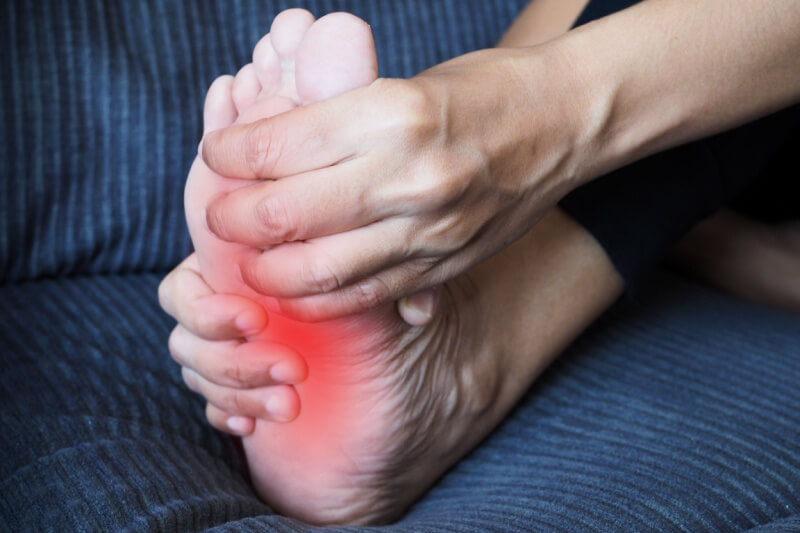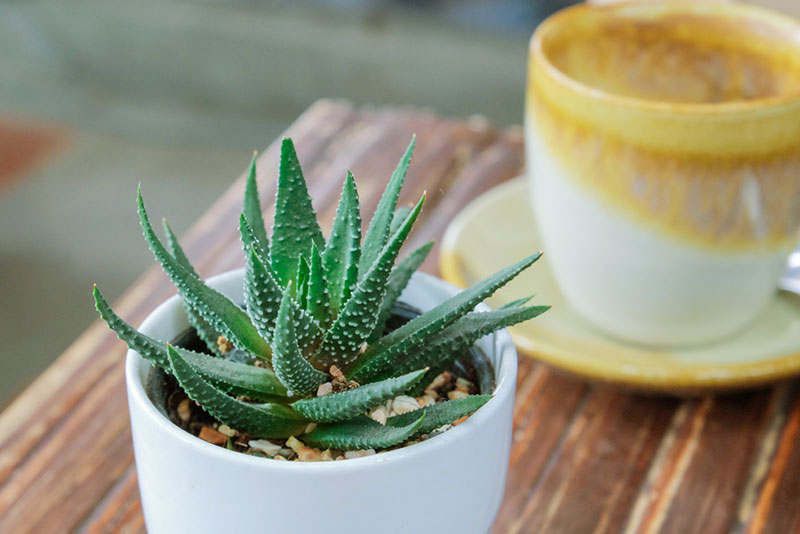Diabetes is a major epidemic that needs to be addressed quite seriously. India is home to over 101 million individuals with diabetes, making the country the diabetes capital of the world. Common risk factors that lead to diabetes include consuming unhealthy refined and processed food, smoking, leading a passive and inactive lifestyle, a history of diabetes in the family, stress, and obesity. Although there are several medications that can help you control the symptoms of this deadly disease, the key is prevention.
What you need to know:
- Explain the importance of early detection and understanding the symptoms of diabetes
- Common early symptoms of diabetes
- When to seek medical attention?
Explain the importance of early detection and understanding the symptoms of diabetes
Once you are diagnosed with a lifestyle condition like diabetes, it becomes imperative to have many stop gaps in place that prevent the condition from worsening. If not monitored regularly, diabetes may culminate into cardiovascular complications or strokes. Here is where you are required to make several lifestyle changes and strictly adhere to them to maintain stable blood sugar levels. However, if some diabetes symptoms are identified early, one can begin corrective treatment immediately.
Common early symptoms of diabetes
Take note of the following common early symptoms of diabetes, which can help you detect this lifestyle condition at the early stages:
Increased thirst and frequent urination

The food we consume breaks down into glucose and provides us energy to carry on our day-to-day tasks, and the unused glucose is stored. However, in people with diabetes, the extra sugar builds up in the blood, forcing the kidneys to overwork to filter and absorb the excess sugar. When the kidneys cannot keep up with this demand, the extra sugar goes into the urine. The high sugar content in the blood will cause fluids to be pulled from tissues. This will leave you feeling dehydrated and increase your thirst, thus making you urinate more (called polyuria). The presence of excess glucose can also cause the urine to have a sweet smell, which primarily occurs in individuals with type-2 diabetes.
Unexplained weight loss
Even with the increase in the number of calories consumed, the cells in your body do not absorb the sugars from food, and it is passed out of your body through frequent urination. So, with the extra sugar, you tend to lose out on some calories as well, resulting in sudden weight loss. Dehydration can also be associated with weight loss as an early symptom of diabetes.
Fatigue and lack of energy
Even though you are consuming more food, the lowered insulin and high blood sugar disrupt the body’s ability to use sugar for energy, leaving you constantly feeling tired. Dehydration as a result of frequent and urgent urination and losing many calories in the process can drain your energy.
Increased hunger
Without sufficient insulin to move the sugar from your blood into the cells of your body, your muscles will feel depleted of energy, thus triggering intense hunger (polyphagia), making it another early symptom of diabetes. If they are normal hunger pangs, then you can satiate your stomach by having healthy snacks like upma or rava to reduce blood sugar.
Blurred Vision
Interestingly, the lens in our eyes is a flexible membrane suspended by muscles that change the shape of the lens to focus the eye. In individuals with uncontrolled type-2 diabetes living in a high-sugar environment, the lens loses its ability to bend. Dehydration and fluid loss can also occur from the tissues around the eyes and lead to blurred vision. If this occurs, it is recommended to consult a healthcare professional immediately. Diabetes, if not taken care of, can, in severe cases, cause new blood vessels to form in the retina, which can damage other blood vessels and lead to vision loss.
Slow-healing wounds and frequent infections
Elevated levels of blood sugar can affect the flow of blood and damage nerves, thereby affecting the body’s natural healing process and making it harder to heal wounds or sores, especially on the feet.
Yeast feeds on glucose and thrives in diabetics because of the heightened level of blood sugar. Both men and women are susceptible to infections, such as urinary tract infections. Therefore, extra care is required while detecting the early symptoms of diabetes.
Tingling or numbness in the extremities

Excess sugar in the blood can affect the nervous system, which may lead to numbness – a tingling feeling or loss of sensation in the hands or feet, giving way to diabetic neuropathy. When it affects the spinal cord and the nerves outside the brain, it is known as peripheral neuropathy. A burning sensation in the arms and legs can also occur. This numbness in the feet can shadow any scrape or injury you might have experienced in the feet. Since you don’t feel any pain, the injury may grow into an infection if not checked timely.
Dry mouth and itchy skin
Because fluids are being drawn from tissues as a result of heightened blood sugar, there is less moisture for other things. This may cause dehydration, leading to itchy skin and a dry mouth making it another early sign of diabetes.
When to seek medical attention?
Apart from the above-mentioned symptoms, if you feel fever, swelling, or pain in any body part, along with profuse sweating, drowsiness, or feeling faint with a sudden loss of responsiveness, it is advisable to seek medical attention as soon as possible.
As one of the fastest growing epidemics, especially in those over 45, it’s best to be aware of the symptoms that could possibly be lifesaving.
Stay tuned to the Activ Living Community. Keep up to date with the latest health tips and trends through expert videos, podcasts, articles, and much more in nutrition, fitness, mindfulness, and lifestyle conditions like Asthma, Blood Pressure, Cholesterol, and Diabetes.
You may also be interested in the following blogs:
- What Are The Nutritional Benefits Of Muskmelon?
- Beat Your Health Blues With Oranges! Benefit From Its High Vitamin C Content
Popular Searches
How to lower blood pressure | Fruits good for liver | Unhealthy foods | Ragi Benefits | Basal Metabolic Rate | Acupressure points for High Blood Pressure | Ayurvedic medicine for blood pressure | How to control cholesterol at home | Homeopathy for Asthma | Biological Age | Home remedies for TB | Natural beta blockers | Negative effects of internet | Types of walking | Blood pressure calculator | Blood sugar calculator | BMI Calculator





 1800-270-7000
1800-270-7000











A healthy lifestyle can improve the quality of life for a person with diabetes. A good diet plan. regular walk and healthy sleeping time can improve your health.
These are truly fantastic ideas in concerning blogging.
You have touched some nice things here. Any way keep up wrinting.
Howdy! This is my first visit to your blog! We are a team of volunteers and starting a new project in a community in the same
niche. Your blog provided us valuable information to work on. You have done a extraordinary job!
Wonderful post! We will be linking to this
great content on our site. Keep up the great writing.
I don’t even know how I stopped up here, however I assumed this submit was once good.
I do not realize who you’re however certainly you’re going
to a well-known blogger for those who are not already.
Cheers!
Hey very nice blog!
I think this is among the most important information for me.
And i am glad reading your article. But should remark on some general things, The website style is wonderful,
the articles is really nice : D. Good job, cheers
Highly energetic blog, I loved that bit. Will there be a part 2?
Very handful of sites that transpire to be detailed below, from our point of view are undoubtedly very well worth checking out.
Like!! Really appreciate you sharing this blog post.Really thank you! Keep writing.